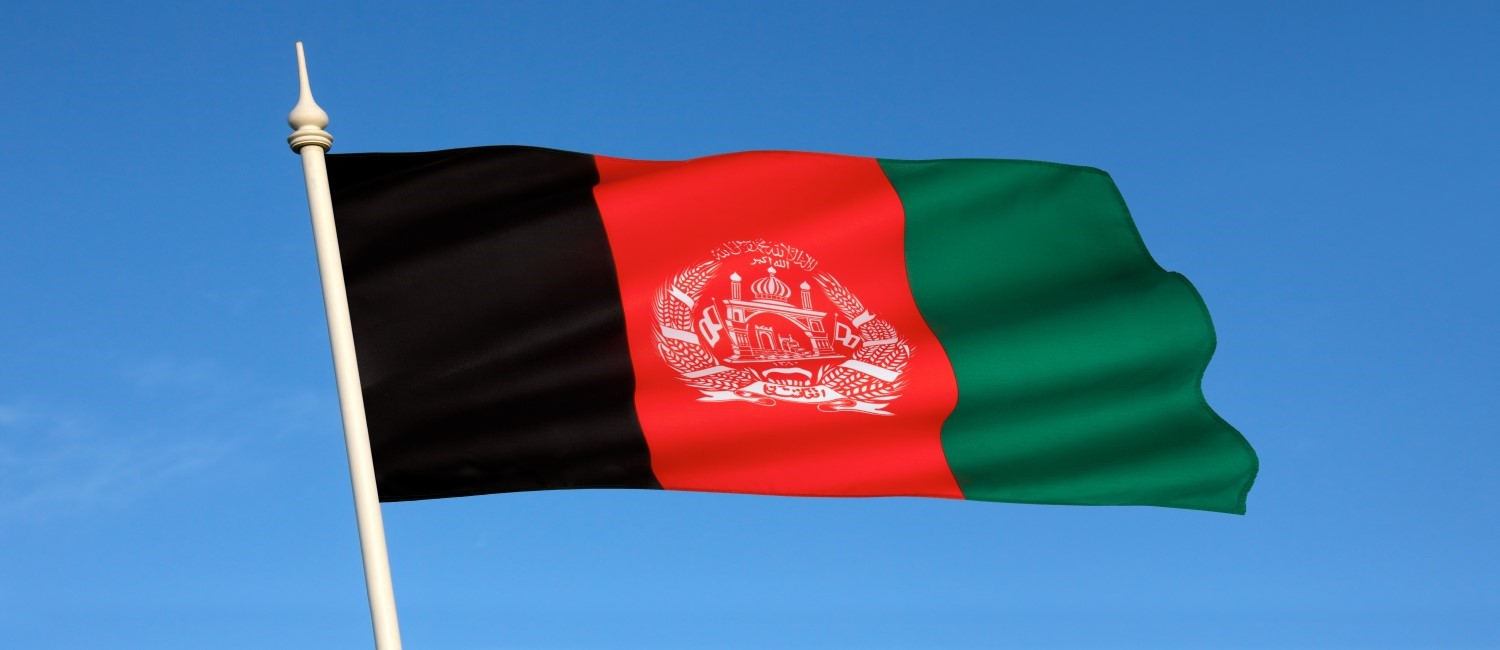Israel was one of 15 nations determined to be "non-cooperative" in the worldwide battle against money laundering when the OECD Financial Action Task Force (FATF) began its blacklist in 2000. Since then, the nation has tightened down on financial crimes by enacting stringent regulations and increasing enforcement of anti-money laundering legislation. Israel became a full member of the FATF in December 2018, and as a consequence of its efforts, the government now confiscates more than US $25 million every year.
Israel's Regulatory Body: IMPA
Israel's Financial Intelligence Unit is the Israel Money Laundering and Terror Financing Prohibition Authority (IMPA). IMPA, which was founded in 2002 in compliance with the Prohibition of Money Laundering Law of 2000, leads the battle against money laundering and terrorist funding in Israel. IMPA safeguards the security and integrity of Israel's financial system through its operations.
IMPA monitors and analyzes the database for financial intelligence as required by legislation. The database contains data from reporting financial institutions and government agencies and data supplied by peer Financial Intelligence Units (FIUs) in other countries. IMPA is in charge of extracting information from raw data and evaluating it to discover suspect entities involved in money laundering or terror funding and identify developing trends, methodologies, and typologies.
IMPA works with several national law enforcement and security authorities, including the Israel Police, the Israeli Tax Authority, the State Attorney's Office, the Israel Security Agency, and banking sector regulators, to combat money laundering and terror financing (AML/CFT). Furthermore, due to the worldwide nature of criminal activities to launder money and finance terrorists across borders, IMPA collaborates with international equivalent FIUs all over the world.
IMPA is an independent intelligence authority conceived and established in line with the FATF and the Egmont Group of FIUs' concept of a collection and analysis intelligence agency. As such, the IMPA is an administrative organization with no investigative powers. As a result, IMPA acts as a barrier between the banking industry and law enforcement authorities conducting investigations. IMPA only provides information to law enforcement agencies where it is deemed relevant to money laundering investigations or terrorist funding, as required by law. This protects the right to privacy on the one hand while also preventing the abuse of financial institutions and other stakeholders for money laundering on the other.
AML Regulations
The Money Laundering Prohibition Act, 5760-2000
In the year 2000, the Prohibition of Money Laundering Act was passed. The law aims to offer authorities more instruments in their battle against severe and organized crime while also seeking to conform with the FATF's worldwide standards.
Identification and Customer Due Diligence Requirements Under the Law
Financial institutions are required to create policies and processes for customer due diligence (CDD), undertake the CDD process, and determine the degree of risk to their clients. The CDD process includes analyzing the nature of the customer's business as well as ongoing monitoring of his financial operations to detect anomalous behavior. A banking organization, for example, is not permitted to create an account for a client who is actually working on behalf of an undeclared or unnamed third party if the consumer does not provide information about the third party. A financial institution is also required to do ongoing due diligence on high-risk client accounts using enhanced CDD, which includes assessing the customer's financial background and discovering the source of funds, the sorts of transactions, and so on.
Prohibition of Terrorist Financing Act, 5765-2005
The Prohibition of Terrorist Financing Law was created in 2005 in recognition that the State of Israel has been at the forefront of the fight against terrorism since its inception. As a result, the purpose of this law was to put the State of Israel in step with other nations involved in the fight against international terrorism and to guarantee that Israeli legislation fulfills the international criteria set by the FATF.
The law encompasses offenses relating to terrorist funding as well as administrative and judicial measures for increasing the capability of combating terrorism financing in all of its forms. This legislation adds to the offenses specified in the Defense Regulations (1945) and the Prevention of Terrorism Ordinance (5708-1948).
The Status of Virtual Assets in Israel
The minister of the treasury issued the AMLO under the power granted by the Prevention of Money Laundering Law, 5760-2000, and the Fight Against Terrorism Law, 5776-2017, and after consultation with the ministries of justice and public security, as specified.
The AMLO defines "financial services provider" as "anyone who is obliged to obtain a license to perform a service involving financial assets in accordance with the Supervision of Regulated Financial Services Law, excluding those who provide ATM services." A "financial asset" includes "virtual currency" for the purposes of a license, according to sections 11 and 12 of the Financial Services Supervision (Regulated Financial Services) Law, 5776-2016.
According to the legislation, every act other than granting credit that is performed in performing a profession and represents either the replacement of one financial asset with another or the management or security of a financial asset necessitates the acquisition of a license. The law empowers the minister of the treasury to establish a Supervising Authority in accordance with section 29 of the Prevention of Money Laundering Law for the purpose of managing, processing, and safeguarding security information obtained from reports received under the Prevention of Money Laundering Law and the Fight Against Terrorism Law.
"Virtual currency" is defined by AMLO as "a digital value unit that may be traded or transferred digitally and utilized for payment or investment purposes." It requires suppliers of financial services in "virtual currency" to identify, register, and report regular and "occasional activity" to the Supervising Authority. Such activities include receiving services in amounts of up to 5,000 Israeli shekels (approximately US$1,615) from the same service provider over a six-month period or up to 50,000 Israeli shekels for requiring service providers to ensure receipt of original signatures from recipients acting on behalf of others, as well as for in-person identification of first-time service recipients under specified conditions.





